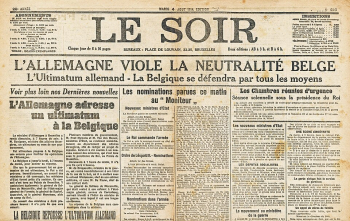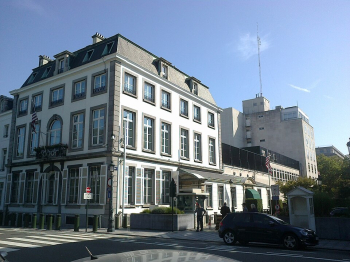
Key changes:
New "associated member" status to guard against foreign influence while maintaining strategic partnerships
Stricter transparency rules on donations and funding
Requirements on gender balance, whistleblower protection, and financial disclosures
On Tuesday, the European Parliament and Council negotiators agreed on updated rules governing the operation and funding of European political parties and foundations. The revised framework aims to enhance transparency, reduce bureaucracy, and better protect against foreign interference—while continuing to support cross-border political cooperation within the EU.
Addressing foreign interference and promoting transparency
Under the new rules, parties and foundations from neighbouring or candidate countries may still participate as associated members in European political structures. However, they will not have voting rights and cannot pay membership fees—safeguards intended to prevent undue foreign influence.
To boost financial transparency, parties will be required to collect full identification details for any donor contributing over €3,000. This information will be published in real time via an online repository managed by the Authority for European Political Parties and Foundations.
Upholding EU values and ethical standards
To qualify for EU recognition and funding, European political parties and foundations must declare that their non-EU members uphold the values outlined in Article 2 of the Treaty on European Union. This commitment will be reassessed whenever membership changes.
Parties will also be required to:
- Promote gender balance internally
- Implement anti-harassment policies
- Publish annual reports on representation gaps
The long-standing ban on direct or indirect funding of national parties and candidates by European-level parties remains in place. However, the revised regulation clarifies how pan-European parties can engage in joint activities with their members, offering long-awaited legal certainty for cross-border collaboration.
Financial stability and diversified funding
The co-financing rate—EU contributions to party budgets—will increase from 90% to 95%. New rules will also allow parties and foundations to generate up to 3–5% of their income through activities like conference fees or publication sales, giving them more flexibility without compromising oversight.
The EU institutions also pledged to revisit funding rules specific to political foundations as soon as the regulatory framework allows.
Reactions from negotiators
“European political parties and foundations have for a long time faced uncertainty regarding collaboration on projects with their members. This agreement changes that. By formally introducing joint political activities into the regulation, we are giving parties and foundations the legal certainty and confidence to act together as truly European political families. At the same time, the regulation improves financial sustainability, reduces administrative burden, and strengthens safeguards against foreign interference. These are thoughtful, balanced reforms that will make democratic engagement atthe European level more effective” co-rapporteur Loránt VINCZE (EPP, RO) said.
Co-rapporteur Charles GOERENS (Renew, LU) added: “After years of intense negotiations, I warmly welcome the conclusion of an agreement on the reform of the financing of European Political Parties and Foundations. While the result is not perfect and some key elements of the Parliament’s mandate — such as participation in national referenda and full voting rights for non-EU members — were not retained, the final text still represents meaningful progress. These proposals remain important for fostering a more democratic and inclusive European political space, both within and beyond the EU. Europe must move beyond timidity and embrace greater ambition in shaping its democratic future”.
Next steps
The provisional agreement must now be formally approved by both the European Parliament and the Council. Most of the new rules are expected to take effect starting 1 January 2026.

















